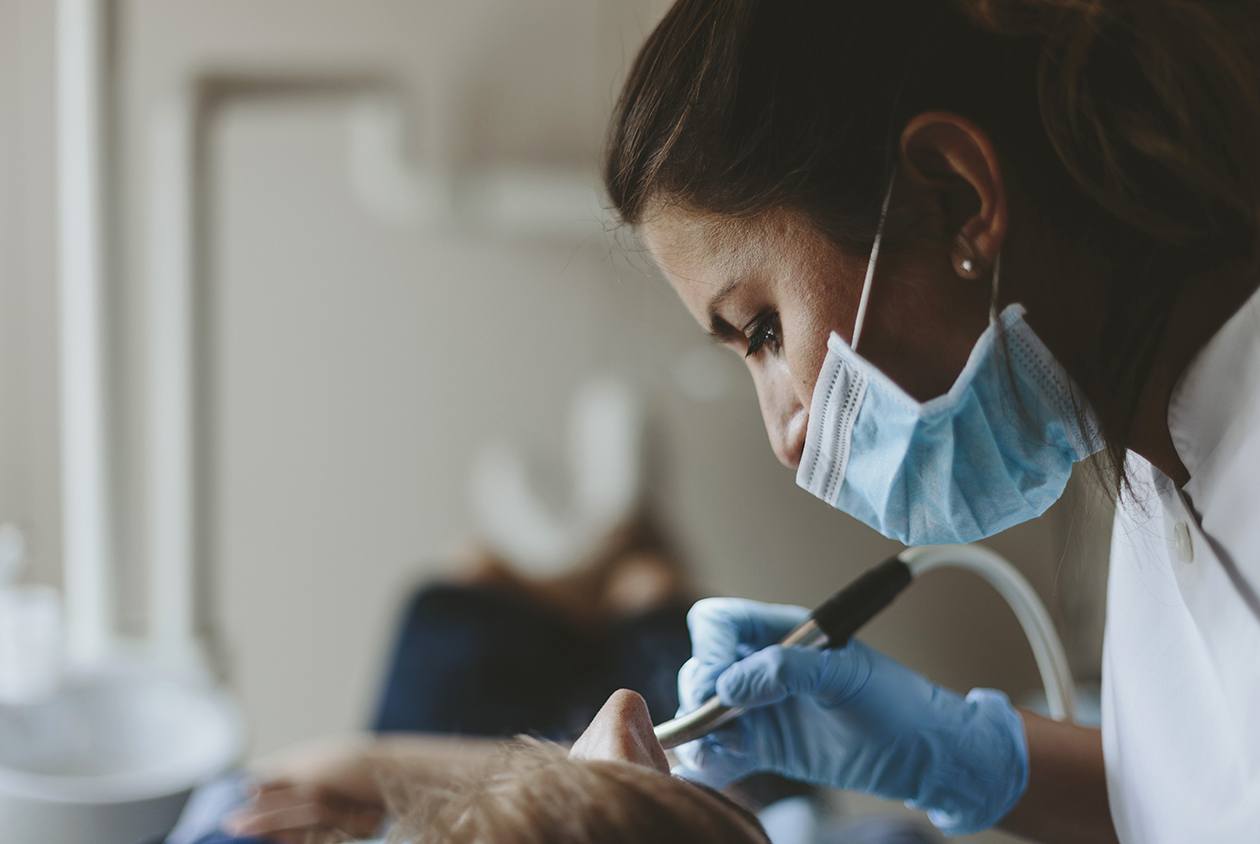5 Ways to Lower the Risk of Oral Cancer

Photo credit: Getty Images
When it comes to oral health, most people are focused on avoiding cavities and diminishing bad breath. But taking steps to prevent oral cancer—including lips, cheeks, tongue, tonsils, and throat—is a more important task that can’t be ignored.
“Unfortunately, there is relatively low awareness about cancers of the mouth and throat, including how to recognize and prevent them,” says Anupam Desai, MD, a medical oncologist in the Head and Neck Cancer Program at Beth Israel Deaconess Medical Center.
Below are a few tips to help reduce the risk of oral cancer.
Quit smoking
The longer you’ve used tobacco and the more often you use it, the greater your risk is of developing head and neck cancers, in addition to other health issues. “Avoiding tobacco also includes chewing, smokeless, and snuff tobaccos, which are placed directly in the mouth,” Desai says. “It’s common to find gray-white ulcers in the mouths of those who chew—and these ulcers can become cancerous.”
Cut back on the drinks
The more you drink, the higher your risk of related health complications. “Heavy drinking irritates your mouth and the odds of developing oral cancer increase significantly over time,” Desai says.
Don’t skip dental checkups
Dentists and dental hygienists are often the first to notice potentially cancerous growths. “Looking for abnormalities in the mouth is part of a routine dental exam,” Desai says. “If they see something suspicious, they can refer you to the right kind of specialist for follow up.”
Protect your lips
Lip cancer is directly related to ultraviolet radiation. People who have prolonged exposure to the sun are more likely to develop lip cancer. Follow these tips for avoiding sunburn, which includes wearing protective attire. “If you have a history of severe sunburns, take extra care with your lips,” Desai says. “There are a variety of protective lip balms that contain SPF.”
Lower your risk of HPV
“Some patients with human papillomavirus (HPV) have this virus in their mouth and are unaware of it because it’s not causing any issues,” Desai says. “But for others, it can lead to changes that cause cancer.”
HPV can be sexually transmitted, including through oral sex, from a single sexual encounter.
“There’s a vaccine for HPV, but it works best if you get it before you’re sexually active,” he says. “If you are already sexually active, you can protect yourself by practicing safe sex.”
The clinicians in BIDMC’s Head and Neck Cancer Program provide expert care and post-treatment rehabilitation for cancers of the nasal cavity, oral cavity, salivary glands, sinuses, throat, and voice box. Learn more about services and treatment options at bidmc.org
This is a paid partnership between Beth Israel Deaconess Medical Center and Boston Magazine


